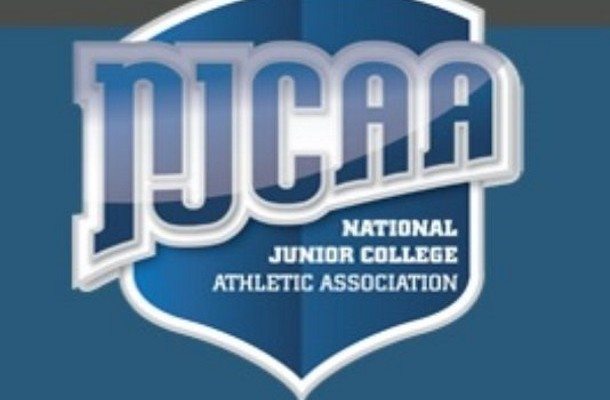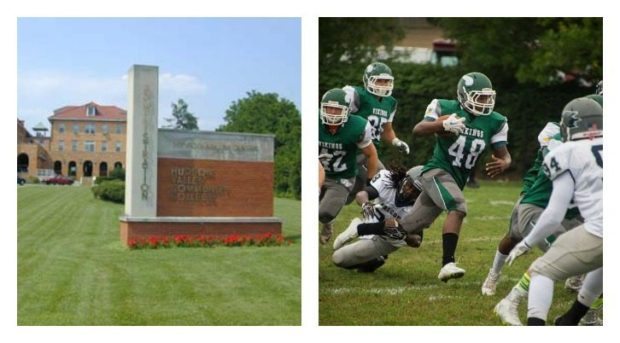Junior colleges scrap limits on foreign athletes

For years, international students have been restricted from participating in scholarship sports at the junior college level. Those rules were repealed over the weekend — part of a settlement announced Monday with New York State, which argued the practice was illegal.
The rules tied eligibility to attendance of a U.S. high school for three years. Using that measure, the National Junior College Athletic Association then restricted the age and number of those who fell short — namely, international students.
Restrictions have existed in some form since about 1995, said NJCAA executive director Mary Ellen Leicht. There was concern, she said, that community colleges remain community institutions, with scholarship opportunities open to local athletes. But it was the frustration among some open-enrollment schools with competitors fielding older foreign athletes that reportedly led to adoption of the three-year rule in 2012, which the NJCAA board repealed over the weekend.
What impact the rule change might have on the NJCAA’s 525 public and private junior and two-year colleges nationally is unclear. In New York, the effect is likely to be greater downstate.
Community colleges enroll almost half of all U.S. undergraduates, and about one-fourth have an immigrant background, according to the New York State Attorney General’s office.
International students account for 39 percent of enrollment in junior colleges within the City University of New York system. They make up less than 1 percent of the student body at Monroe Community College.
“We don’t rely too heavily on foreign recruitment,” MCC assistant athletic director Tom Garigen said in an email. “That being said, we have had many international student-athletes excel for us over the years. With the repealing of this rule, MCC’s scholarship (NJCAA Division I and II) sports will no longer have to limit the number of internationals. Our coaches are then free to recruit the best student-athletes possible without worrying about borders.”
The rule limiting the number of international students on a team roster did not apply to non-scholarship Division III programs, such as Finger Lakes Community College. The added age restrictions, striking one or both years of eligibility if a player turned 21 or 22 before the school year began, did. No such rule exists within NCAA bylaws.
The NJCAA suspended enforcement of the rule after the state Attorney General’s Civil Rights Bureau launched an investigation last month.
“Our state remains one of the most thriving in the nation because of the millions of immigrants that, for centuries, have come here seeking opportunity through their own hard work,” Attorney General Eric Schneiderman said in a statement. “New York is committed to the principle that such opportunity is best realized through an educational system open to all students, regardless of where they were born or attended high school.”
The Civil Rights Act prohibits discrimination based on national origin by any program that receives federal funds. The NJCAA receives dues from member colleges that receive federal assistance. State and New York City human rights laws also apply.
Initially, the rule was written to specifically reference “international” or “non-U.S. citizen/non-permanent resident” students, but that wording was removed in subsequent years.
The agreement between NJCAA and the state is only for two years. During that time, the state must sign off on any eligibility rule involving citizenship status, national origin or U.S. residency.
While there remains interest in revisiting the matter, Leicht said she anticipates the focus to pivot to an across-the-board age restriction or a process to evaluate amateur status.
Other terms of the agreement require the NJCAA to report any complaints of alleged discrimination on the basis of citizenship status or national origin to the Attorney General’s Office, and conduct an outreach campaign, already begun, to member colleges about the rule change.
Repeal of the three-year rule has been discussed by the NJCAA going back five years, Leicht said, as some member colleges sought to have a more global focus, and gained momentum a couple of years ago when the organization added non-discrimination language to its mission statement. Legislation to strike the rule was submitted in January.
Includes reporting by the Associated Press.
